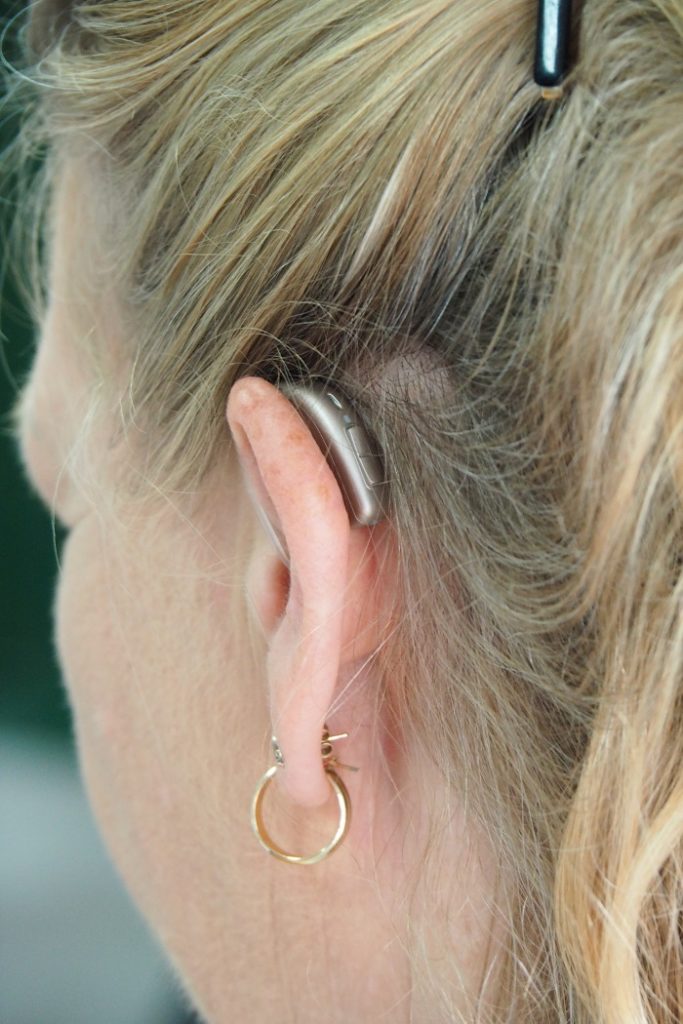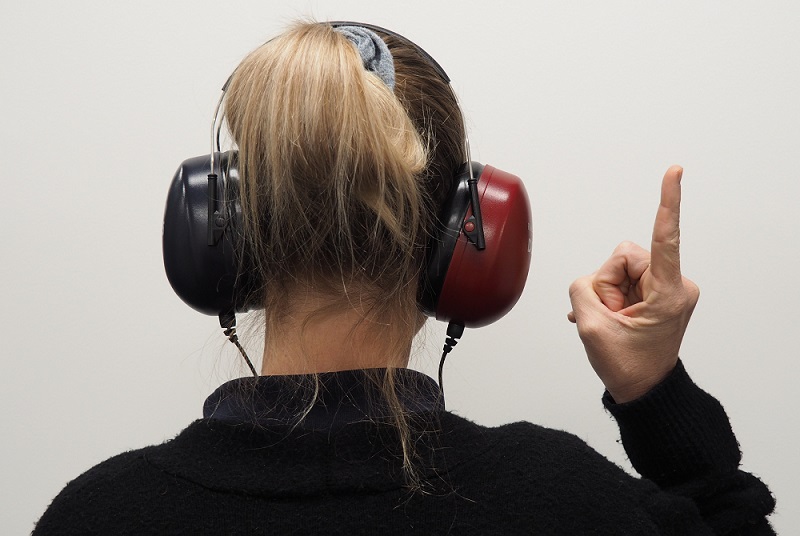This is your ultimate guide on hearing loss and deafness prevention and treatment. You’ll learn everything you need to know about how to protect your ears from damage, as well as when it’s time to seek professional help.
You’ll also find out what you can do at home if ear pain or a plugged ear starts bothering you. Dive in!

What Causes Hearing Loss?
A lot of different things can cause hearing loss. Some examples are noise, trauma to the head or ear canal during birth, infections, or poor ear hygiene. Infections or bacteria are the most common causes of hearing loss, but it can also get caused by excessive exposure to loud noises in a workplace.
This is why many occupational safety standards require employers to provide workers with hearing protectors such as earplugs and headphones that lower the noise level, so they don’t have any lasting damage.
Babies receive a lot of protection from their mothers during pregnancy, but they get exposed to many infections that can cause hearing loss at birth. Trauma is one of the most common causes of sudden deafness in children aged six months old to two years old and more senior people over forty-five years old. Other sources include head injuries, infections such as meningitis, or other brain disorders.
It’s essential to see a doctor if you experience sudden hearing loss for any reason to diagnose the problem and provide treatment.
Hearing Loss vs Deafness
Hearing loss is a type of hearing disorder that occurs when the inner ear or auditory nerve isn’t working correctly. Hearing loss can be temporary, but it also has to last for more than three months to qualify as permanent and irreversible.
Deafness is an even bigger problem because people with this condition have little or no ability to hear anything at all. Deafness can also be temporary or permanent, and it is caused by problems with the inner ear, auditory nerve, or brainstem related to an infection or injury.

Unilateral and Bilateral Deafness
If you have unilateral hearing loss, it means that the sounds or voices are louder in one ear than they are in the other. It usually presents as difficulty understanding high-pitched noises and sounds like sirens. Bilateral deafness is a lot more severe because both ears can’t hear anything at all.
What are the Symptoms of Hearing Loss?
The most common signs of hearing loss are difficulty understanding conversation, ringing in the ears, or a head-pounding sensation when there’s any background noise. Sometimes these symptoms can go away temporarily and then come back again after you’ve gotten exposed to high levels of sound for too long.
You should see your doctor if you experience sudden hearing loss or have been experiencing gradual hearing loss, and the ringing in your ears has become more persistent.
How to Prevent Hearing Loss and Deafness
The best way for hearing loss prevention and its progression is to be aware of how noises can affect your ears. If you know someone who has a history of ear infections, get their children vaccinated against common childhood illnesses.
It’s also important that they frequently clean their child’s eardrums with water or saline, as well as keep their hands away from the ear canal.
If you work in a noisy environment, wear hearing protectors approved by OSHA (Occupational Safety and Health Administration). In addition, be aware of how loud noises can be harmful at home, such as during fireworks or when using power tools.
What to do if You Experience Ear Pain or a Plugged Ear
Sometimes, people experience certain types of ear infections that cause an uncomfortable feeling due to pressure on their eardrums, such as excess wax buildup, dizziness, or ear pain.
If you’re experiencing any of these symptoms, it’s essential to see your doctor as soon as possible because they can help identify the problem and provide treatment if necessary. If you have a plugged ear that won’t go away, try alternating hot and cold water with each use so it can loosen up some wax buildup inside your ear and then flush it out with the water.
How to Check if You’re Developing Hearing Loss
If you want to see whether or not your ears are starting to develop signs of hearing loss, there’s a quick test called an audiogram that anyone over six months old could use. Of course, you’ll need someone else nearby so they can help you with the test.
First, wear earphones plugged into a device and put your fingers in front of one ear to block out any other distracting noises. The person administering the test will play different tones at various frequencies for about thirty seconds each so that you can listen on either side during this time.
If there’s no change in the loudness of the tones, it means your hearing is normal. However, if there’s a significant difference in volume between both ears, that could be an early sign of something more severe like sudden deafness or bilateral deafness.
Hearing Loss Treatment Options
Surgery may be an option if you have severe nerve damage, and it’s the only way to restore your hearing. In addition, hearing aids will amplify sounds, so they reach both ears at similar volumes while also reducing background noise.
Cochlear implants are another option if you have significant hearing loss. These implants take sound waves and convert them into electric impulses that stimulate the auditory nerve, sending signals to your brain for interpretation.
Auditory training is a type of therapy where someone with mild-to-moderate hearing loss will wear earphones in both ears at all times while listening to a program that helps them identify different sounds at varied volumes.
It’s the most common treatment for age-related hearing loss, and it can also be used to treat people who’ve had traumatic brain injuries or those experiencing tinnitus (ringing in their ears).
Can You Recover from Hearing Loss?
Hearing recovery is possible if it was due to an ear infection or otitis media (middle ear inflammation) and the hearing loss hasn’t been there for more than three months.
Hearing aids are often an excellent way to recover from sudden deafness. Still, they won’t work if you have irreversible damage, such as nerve damage that has caused complete auditory deprivation.
If your tinnitus is causing hearing loss, there are a few ways you can try to recover from it. For example, tinnitus retraining therapy (TRT) involves wearing an ear device that gives off background noise while playing the sound of your choice at a low volume.
The ear is an incredibly complex organ that’s responsible for hearing, balance, and speech. It’s also the only human sense with a direct connection to your brain, so any damage done to it can have severe consequences for not just your quality of life but how you interact in society as well. Use this fantastic blog post to educate yourself further on how to care for your hearing sense organ.



